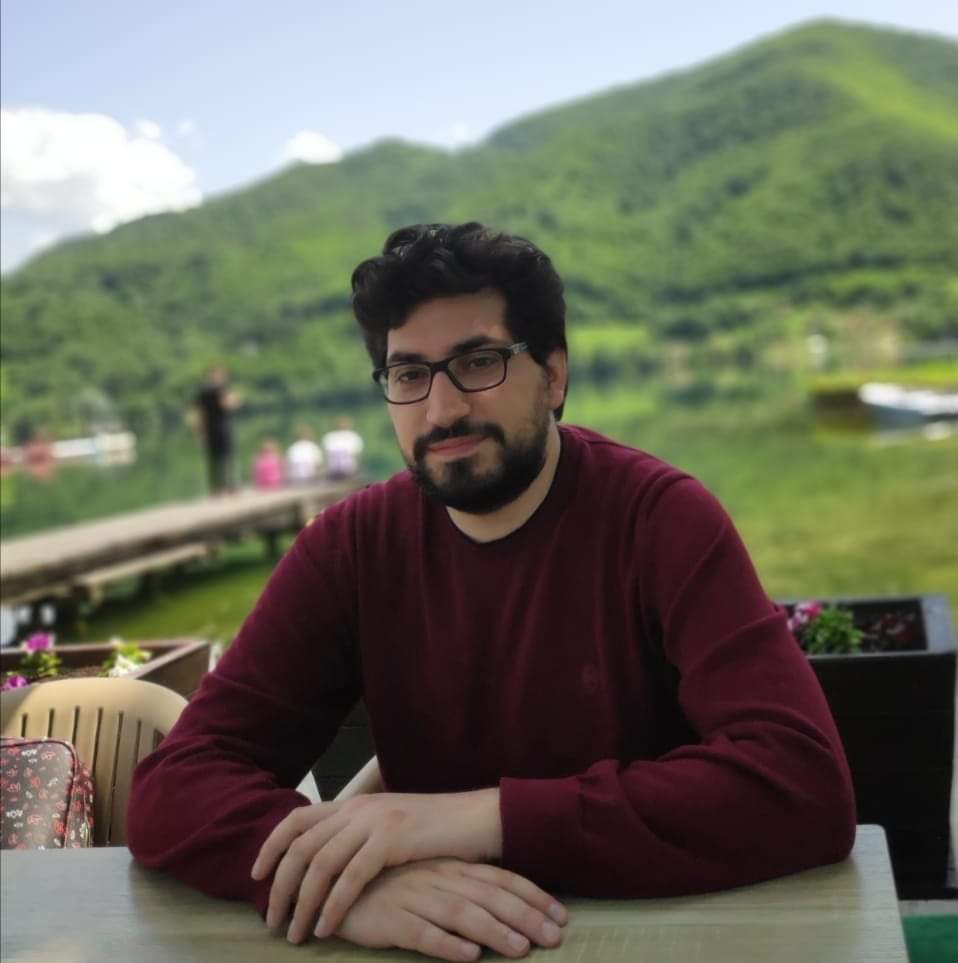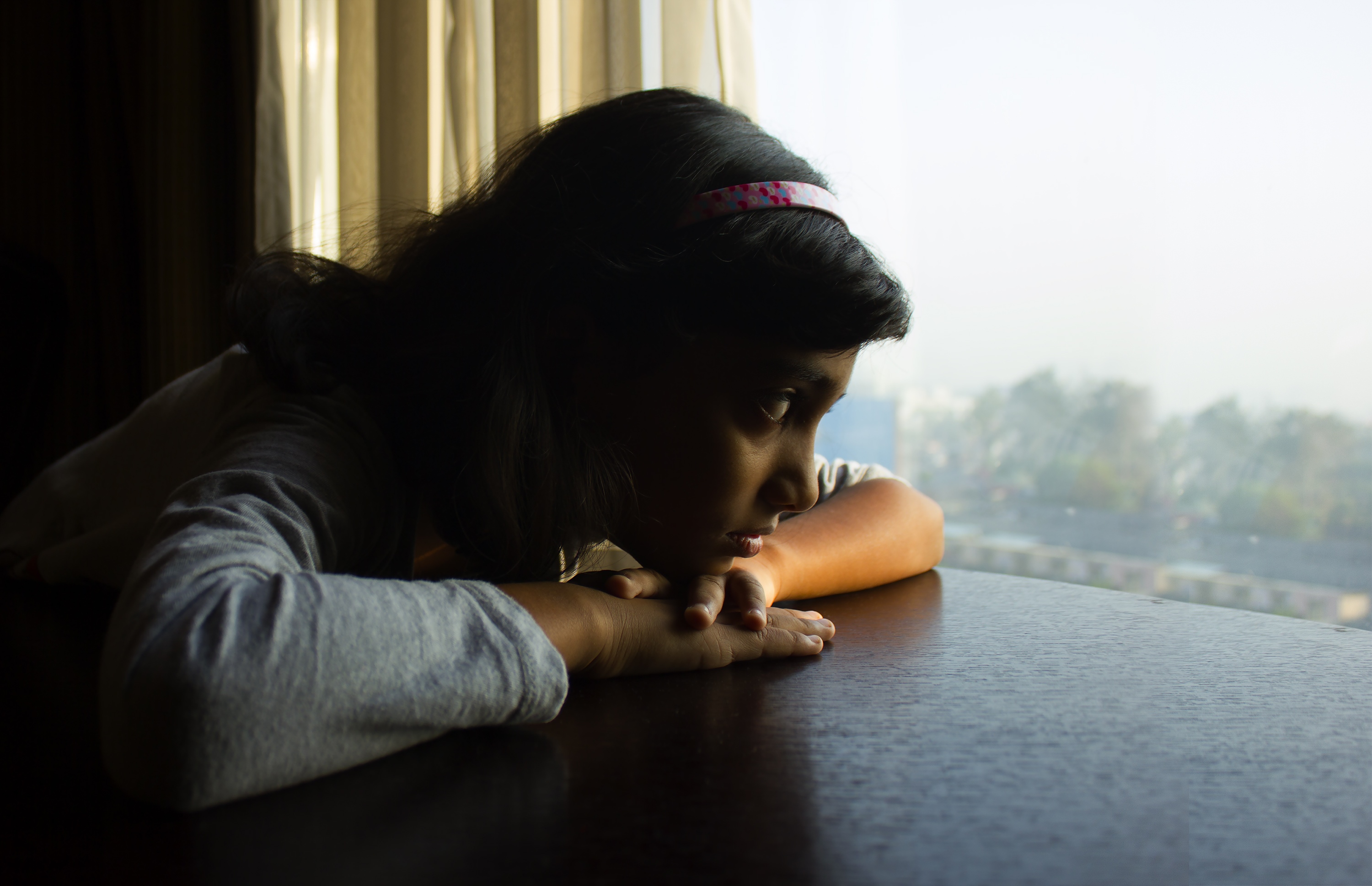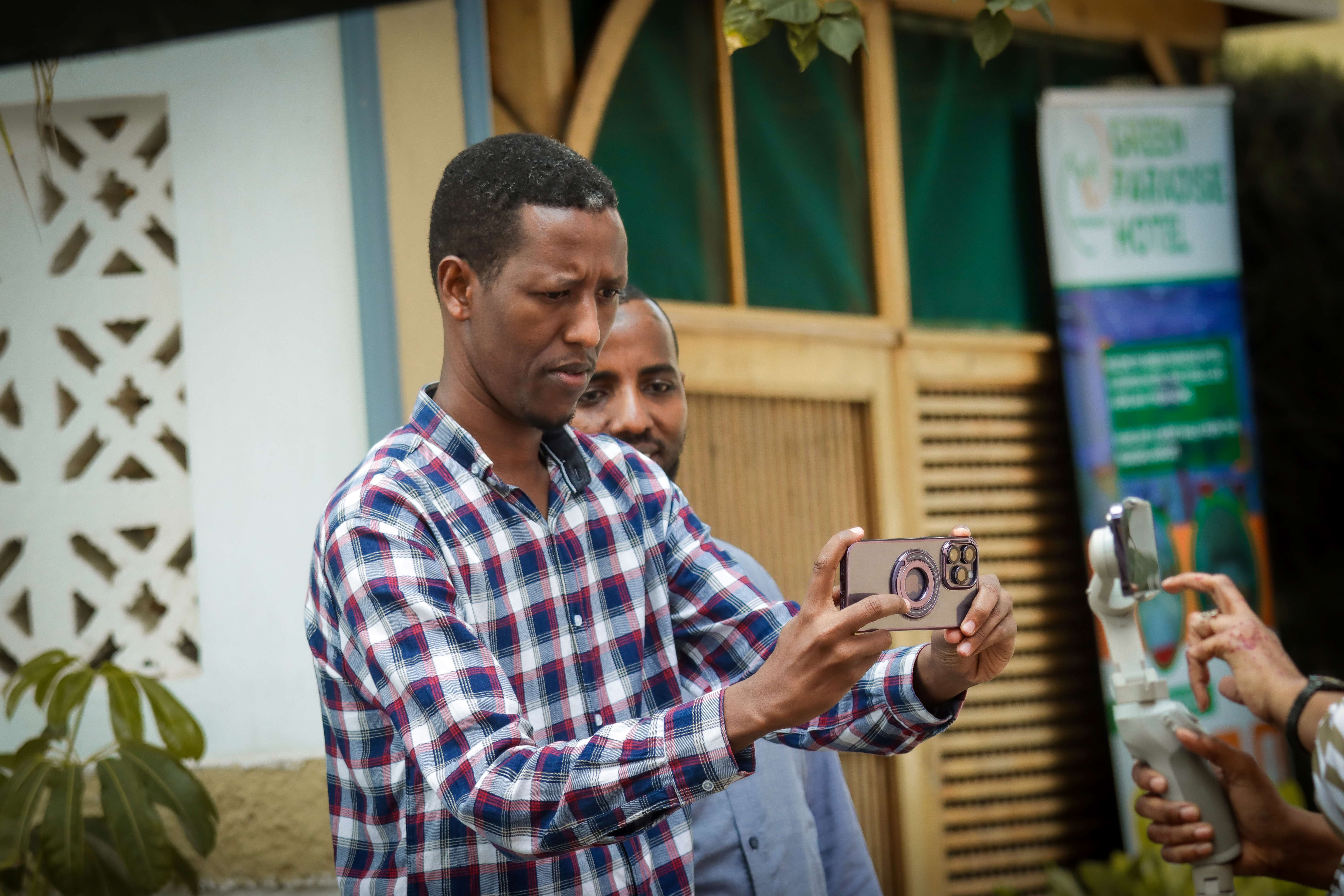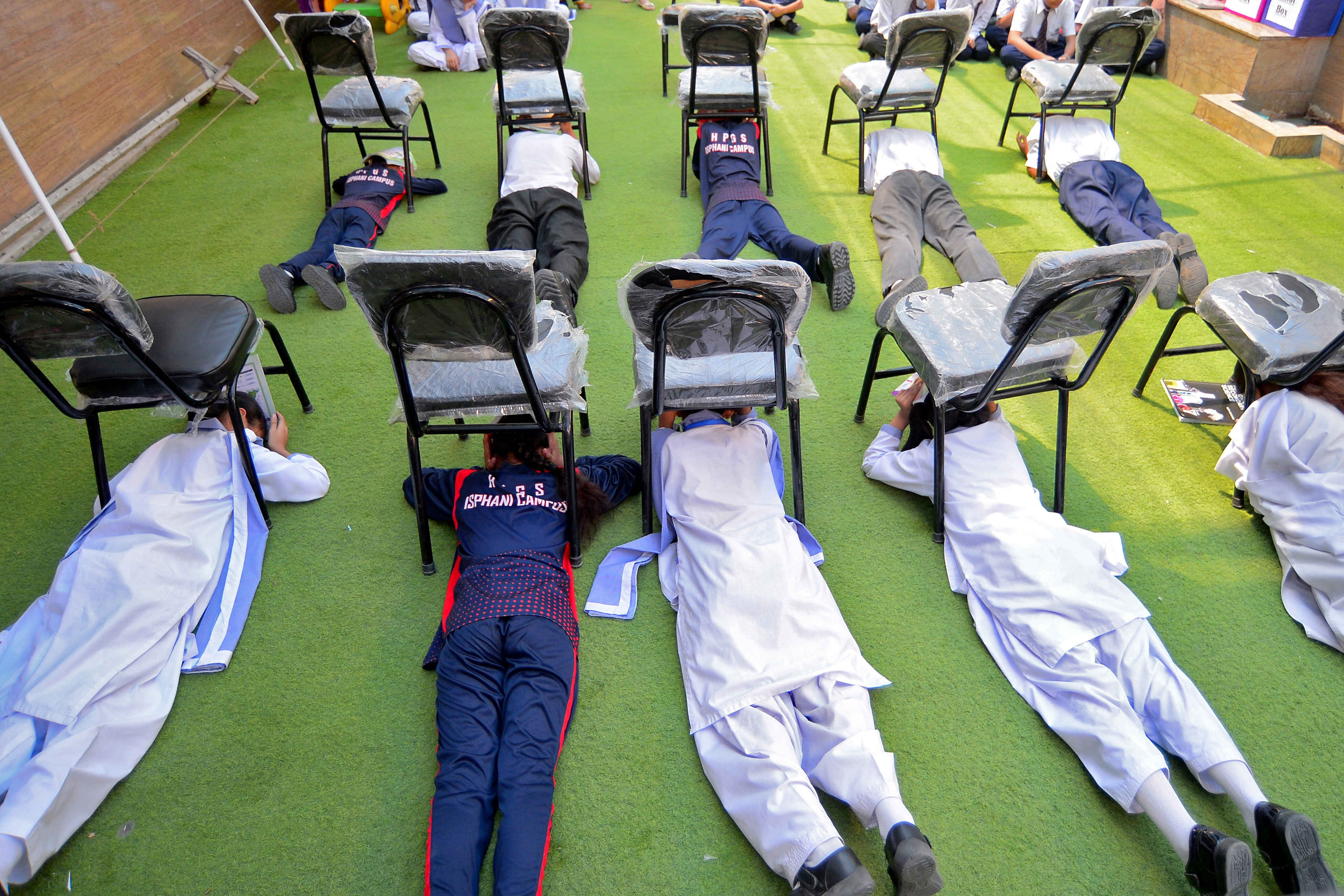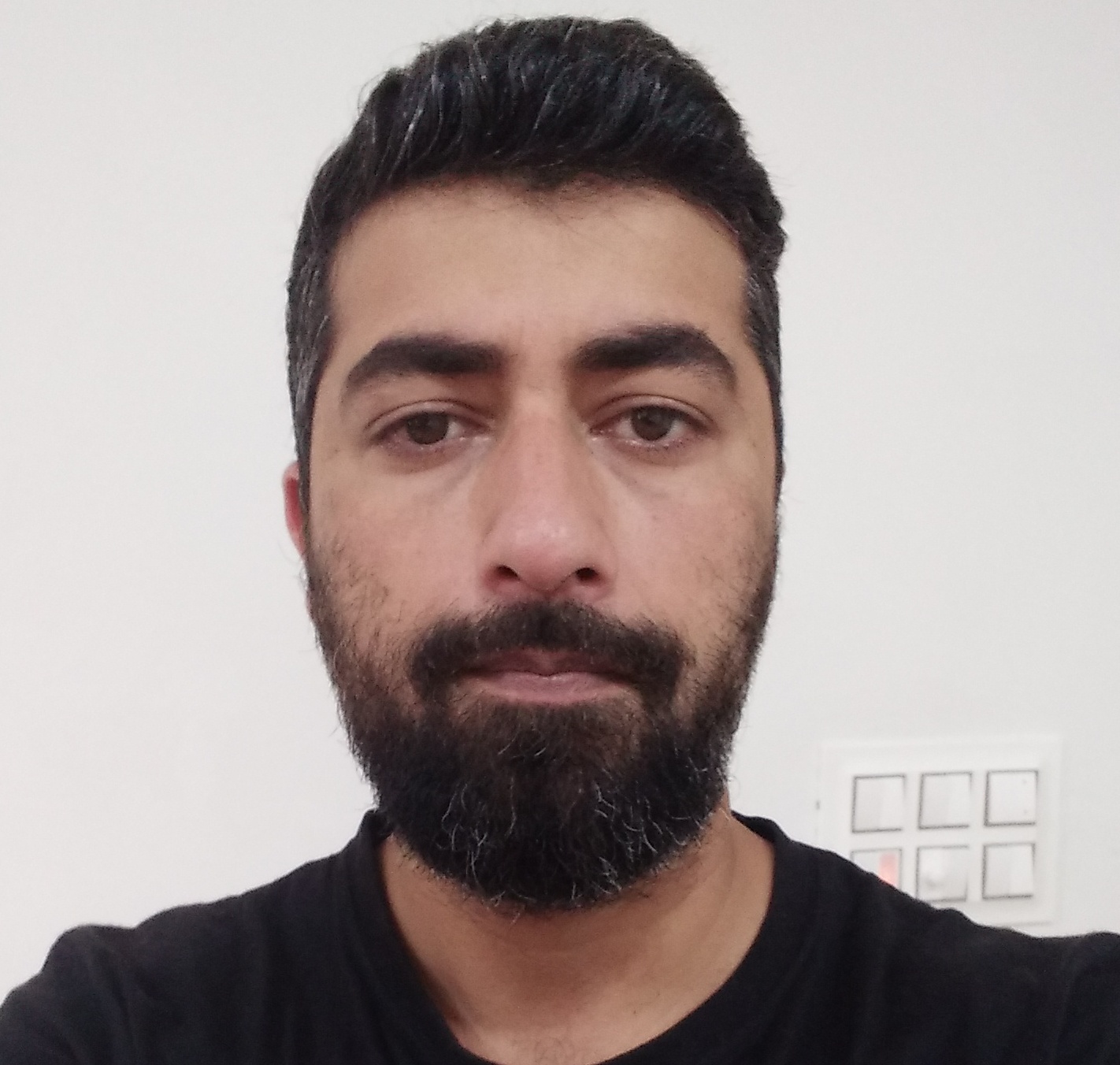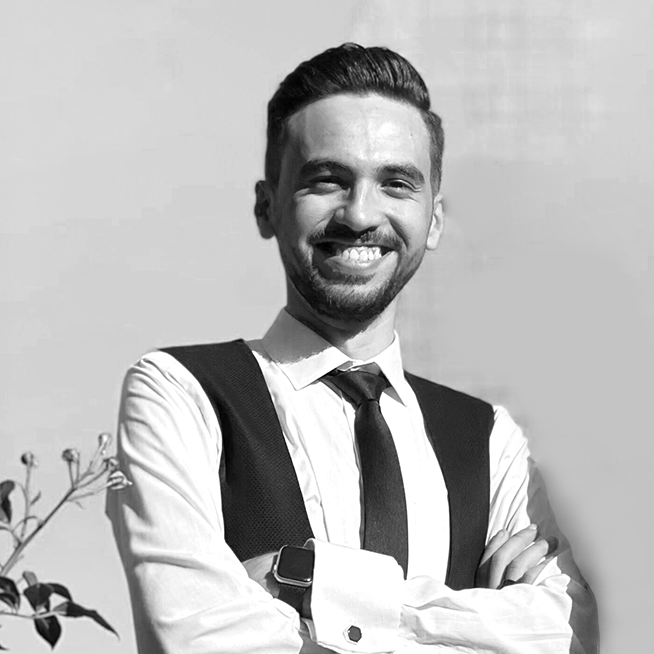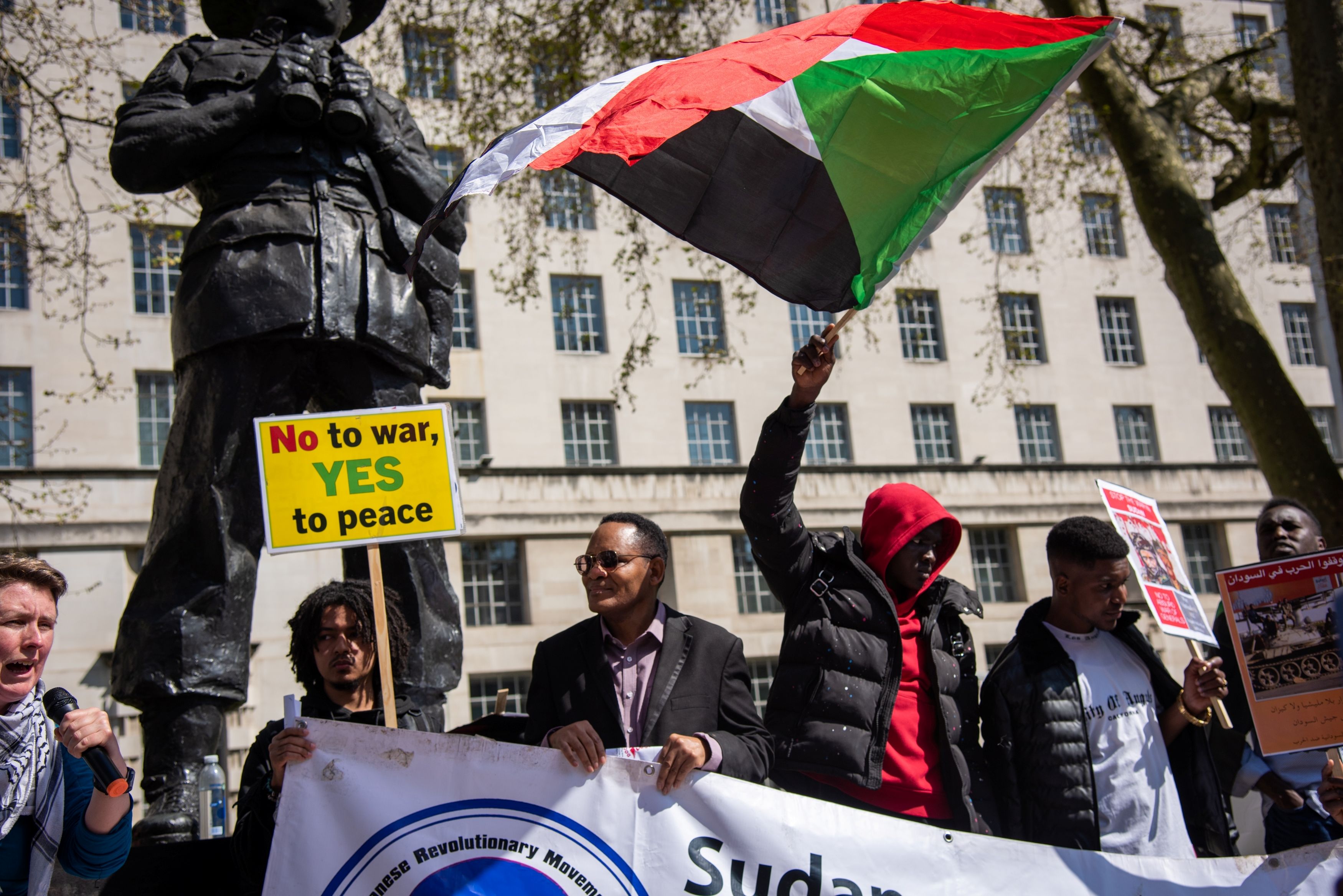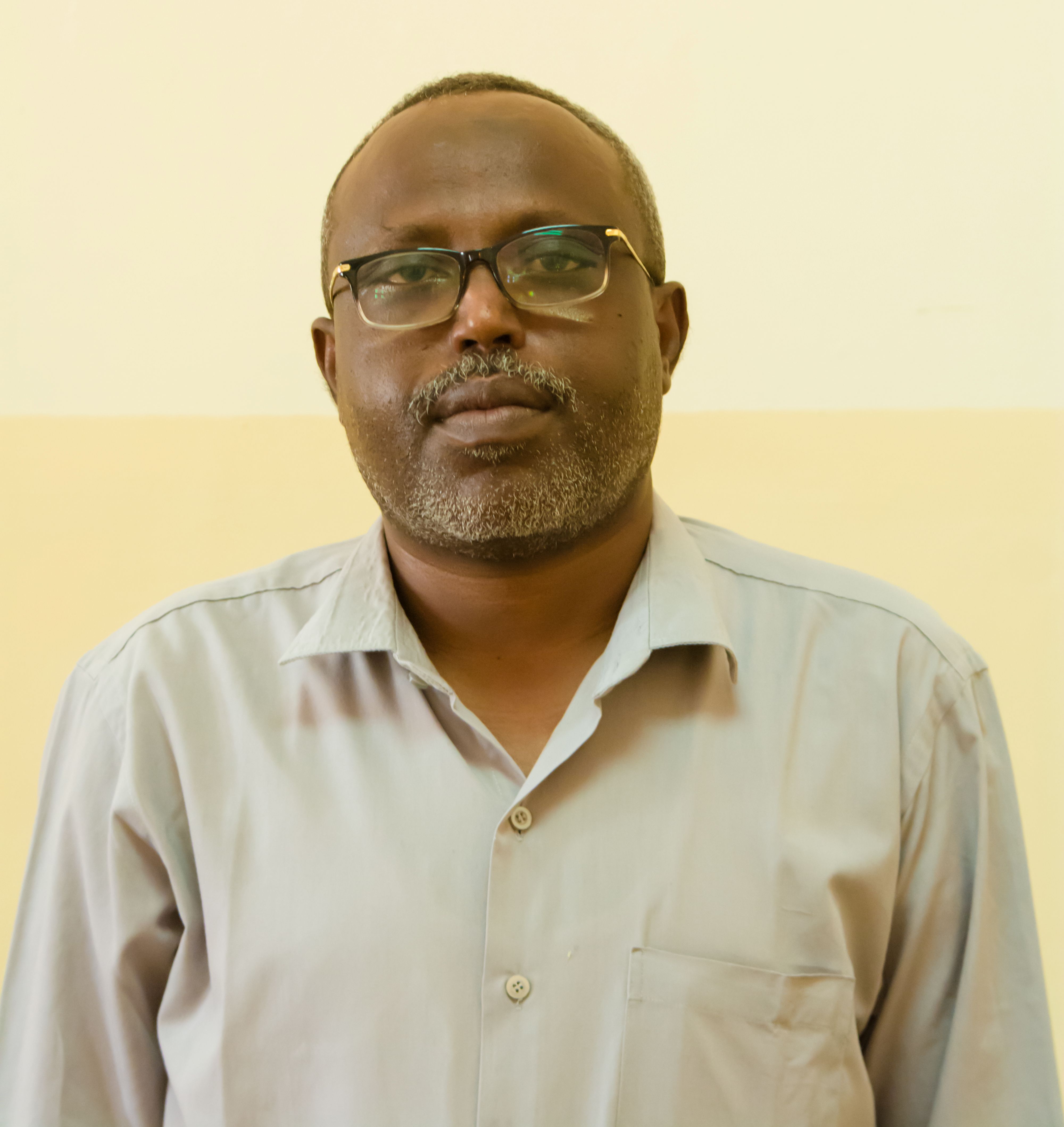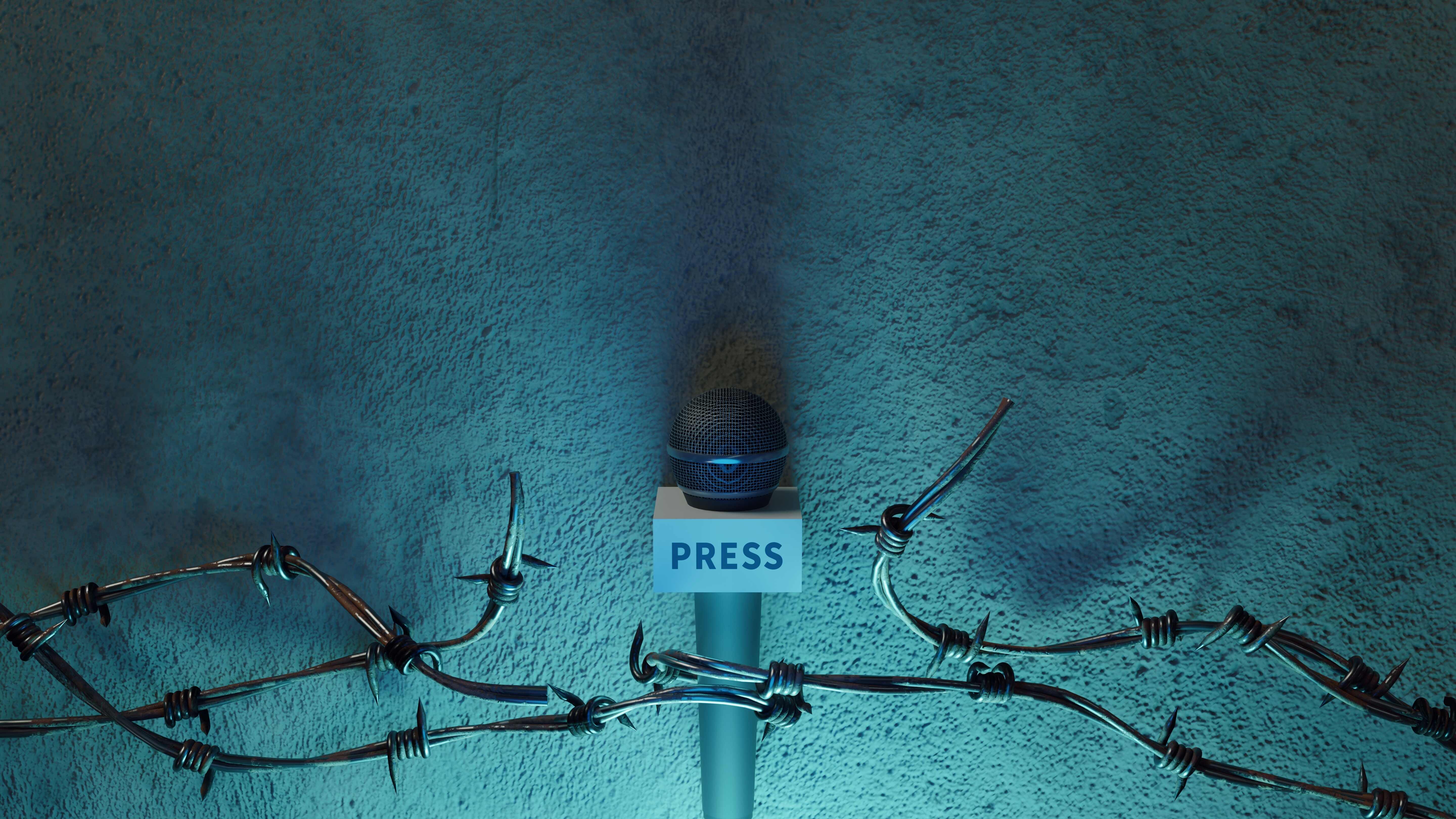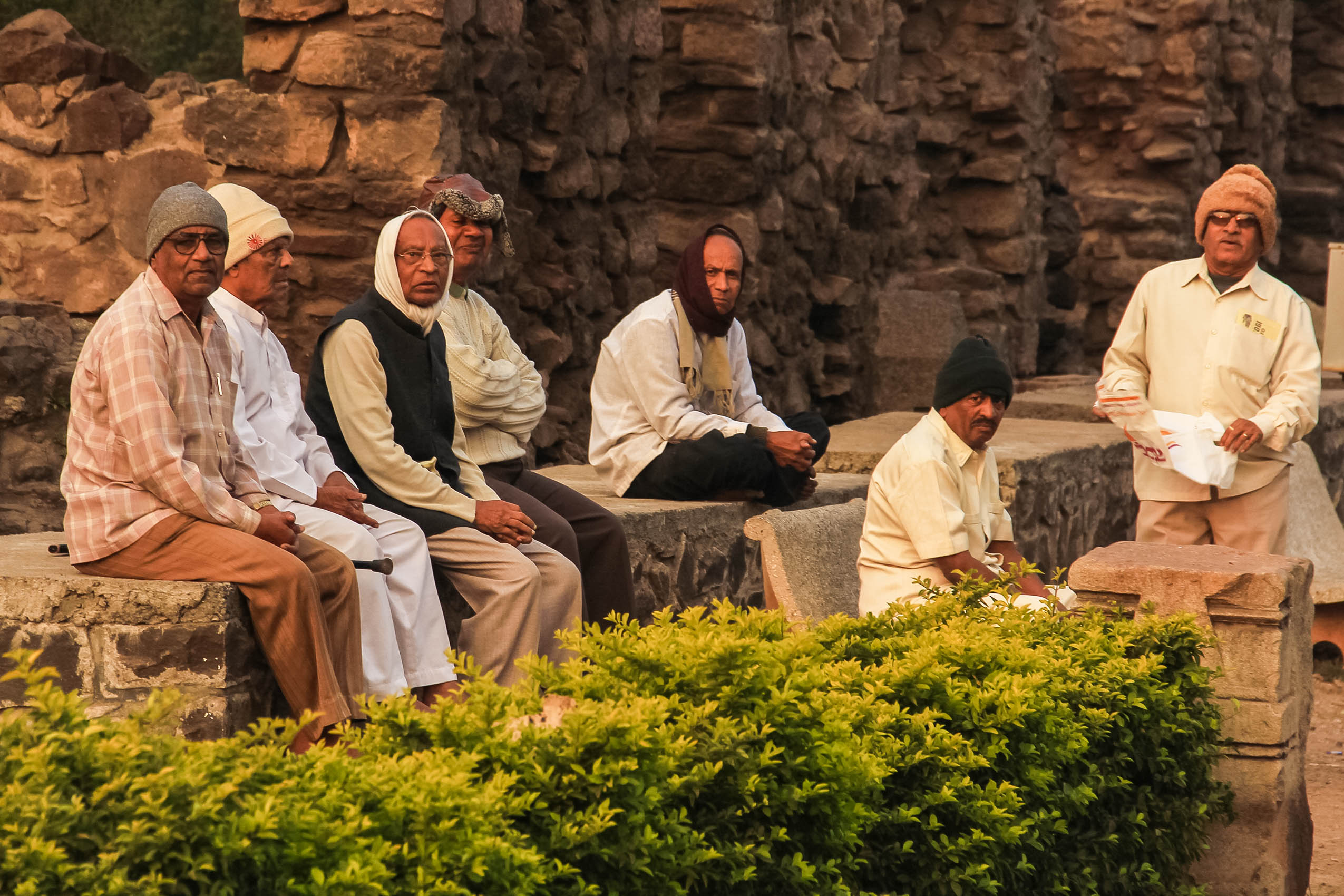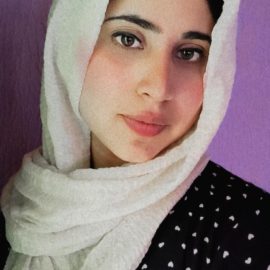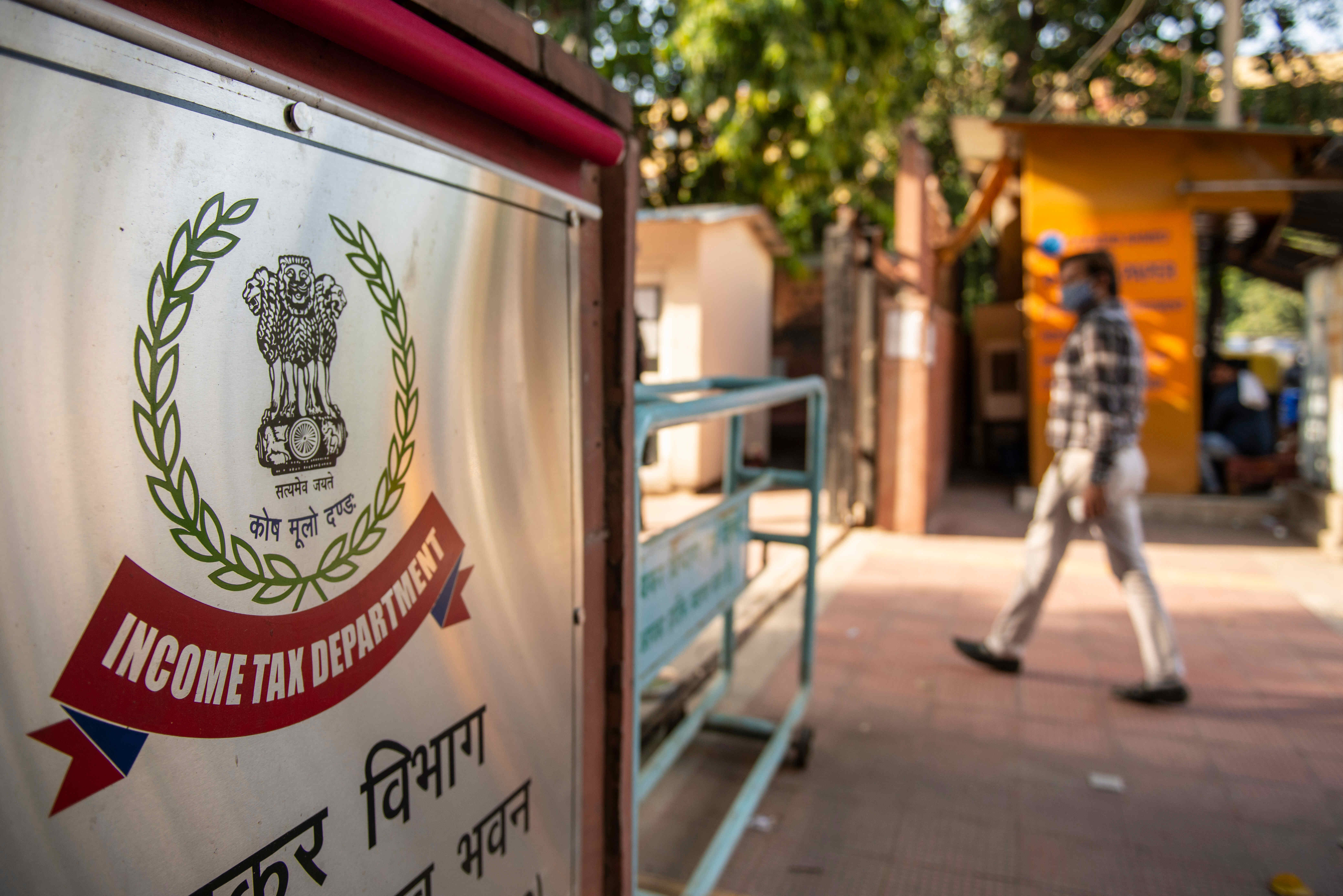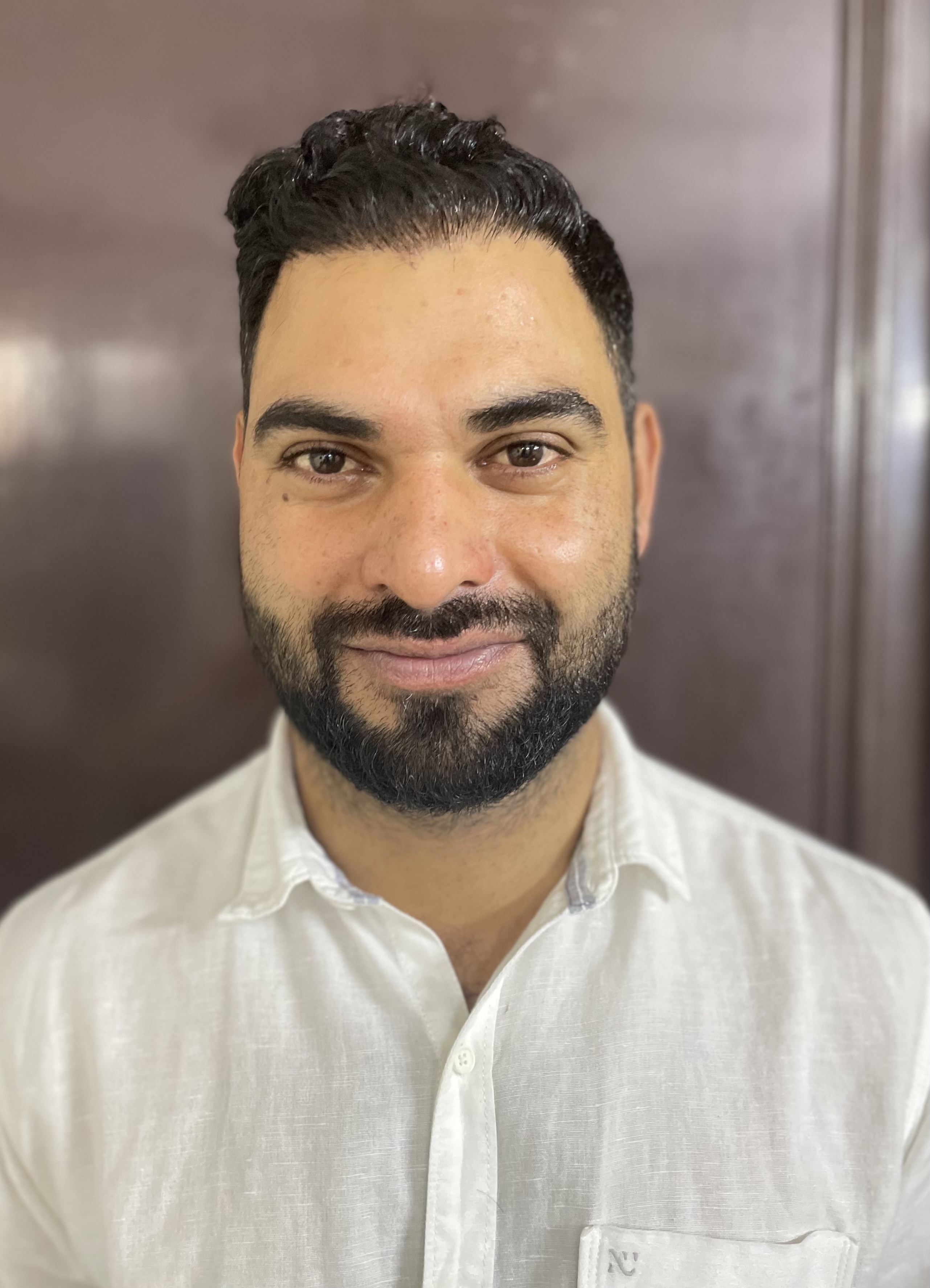في يناير/ كانون الثاني سنة 1994، وجه الجنرال روميو دالير قائد قوات حفظ السلام التابعة للأمم المتحدة في رواندا رسالة "عاجلة وسرية" إلى الأمين العام للأمم المتحدة حذر فيها من وجود مؤشرات دالة على قرب شروع ميليشيا "إنتر هاموي" الموالية للنظام في إبادة جماعية ضد أقلية التوتسي.
لم تمضِ سوى ثلاثة أشهر حتى تحققت أسوأ مخاوف دالير، وأصبحت تلك الرسالة المعروفة، بـ "فاكس الإبادة"، مقترنة بفشل منظومة الأمم المتحدة في منع الإبادة الجماعية بعد رفض طلبه بالتدخل المبكر ومداهمة مخازن الأسلحة التي كانت مُعدّة لتنفيذ المجازر.
يجادل دالير بأن قرار عدم تسريب "فاكس الإبادة" إلى الصحافة - كخطوة لمنع الإبادة - أملاه الواجب الأخلاقي، لكن في تلك اللحظات المشحونة كان معولا على الصحافة أن تعوض انهيار المنظومة الأممية وبيروقراطية اتخاذ القرار وحسابات الدول الكبرى خاصة فرنسا والولايات المتحدة الأمريكية.
"تبسيط الإبادة"
في ربيع 1994 شرعت ميليشيات الهوتو بتنفيذ مخطط قتل " 1000 من التوتسي كل 20 دقيقة"، بينما كان اهتمام وسائل الإعلام العالمية منصرفا إلى قضايا أخرى مثل استعدادات أمريكا لتنظيم كأس العالم، وإجراء الانتخابات في جنوب أفريقيا التي انتهت بفوز حزب نيلسون مانديلا، ولم يبدأ الاهتمام الإعلامي بتغطية ما يجري - وعلى خجل وتردد - إلا عندما انتشرت صور النزوح واللجوء إلى الدول المجاورة.
تُحاجج بعض الشهادات والمقالات بأن صعوبة التغطية تُفسَّر بمحدودية وصول الصحفيين إلى الميدان، والمخاطر الأمنية العالية التي واجهها القلائل الذين تمكنوا من الوصول إلى العاصمة كيغالي.
لا تصمد مثل هذه المبررات أمام التجاهل الذي يكاد يكون منهجيا لحرب الإبادة الجماعية في رواندا، حيث تعاملت التغطية الإعلامية مع المأساة باعتبارها مجرد صراع قبلي مألوف "ولا يعدو أن يكون انفجارا وحشيا للعنف العرقي غير العقلاني والهمجي"، وكونها إبادة حدثت في أفريقيا "فإنها تخضع لتبسيطات إعلامية تُصوّر القارة بأنها مظلمة ويصعب السيطرة عليها وغالبا ما تُختزل في قوالب نمطية مثل التي تزعم وجود قتال قبلي منذ فجر التاريخ".
ظهرت الإبادة الجماعية في الإعلام الفرنسي ضمن تأطير يقوم على استخدام مصطلحات مثل "تنافس بين مجموعتين عرقيّتين" و"بلد المذبحة" و "الصراع حول السلطة الذي ينفّذ من خلال المجازر" و"استمرارية طبيعيّة لصراع تاريخي بين مجموعتين عرقيّتين"، وحتى عندما بدأت تصل شهادات الأطباء والعاملين في الميدان مؤكدة أن ما يحدث "إبادة متعمدة ومنهجية ومخطط لها على نطاق واسع"، ظلّت معظم التغطيات أسيرة لهذا الاختزال والتأطير السطحي الذي ساهم في تكريس صورة نمطية حالت دون تغطية إعلامية متوازنة ومؤثرة.
حللت دراسة أنجزتها صوفي بونتزيل بعنوان "الإبادة الجماعية في رواندا.. توترات في الخطاب الصحفي"، التغطية الإعلامية لسبعة صحف بلجيكية وفرنسية في تناولها لموضوع الإبادة الجماعية، وتوصلت إلى نتائج قد تفسّر جانبا مختلفا من تجليات التجاهل أو الاختزال الإعلاميَّين. تبرز الدراسة أن "التغطية في جوهرها تأسست على بنية سابقة للتفسير" كما أن "تغطية "الأحداث" على وجه السرعة مع تقديم تحليل بسيط وسهل القراءة، والقيام بذلك باقتصاد في الموارد في فترة تسعى فيها الصحف إلى خفض تكاليفها مع توسيع نطاق جمهورها، يجعل الصحافة عرضة للتحليلات النمطية".
عندما ظهرت الإبادة الجماعية في وسائل الإعلام العالمية، تعرضت للتشويه مقترنة بحدثَين أساسيّين؛ الأول هو إجلاء الرعايا الأجانب: ويمكن أن نقرأ ذلك بوضوح في الشهادة التي كتبها آلان تومسون: "أثناء مراجعتي لأرشيف صحيفة تورونتو ستار وجدت مقالا لي نشر بتاريخ 9 أبريل 1994. كنت قد نسيت تماما أني كتبته، وربما محي من ذاكرتي لأنه كان مقالا صحفيا مريعا، كتب بعد ثلاثة أيام من الشروع في الإبادة وركز كليا على إجلاء الرعايا الكنديين من كيغالي مستندا إلى الكليشيهات المعروفة عن "الصراع القبلي" و"الفوضى" و"اللاسلطة".
أما الحدث الثاني فهو انتشار مشاهد النزوح واللجوء إلى الدول المجاورة بصفته نتيجة حتمية لفظاعة المذابح المشحونة بدعاية الإعلام المحلي خاصة مجلة كانغورا و"إر تي إل إم" RTLM.
"أثناء مراجعتي لأرشيف صحيفة تورونتو ستار وجدت مقالا لي نشر بتاريخ 9 أبريل 1994. كنت قد نسيت تماما أني كتبته، وربما محي من ذاكرتي لأنه كان مقالا صحفيا مريعا، كتب بعد ثلاثة أيام من الشروع في الإبادة( في رواندا) وركز كليا على إجلاء الرعايا الكنديين من كيغالي مستندا إلى الكليشيهات المعروفة عن "الصراع القبلي" و"الفوضى" و"اللاسلطة".
يسجل آلان تومسون أيضا في كتابه المرجعي حول الإبادة الجماعية والإعلام في رواندا ملاحظة أساسية تتعلق بشكل التغطية الأولية التي تلت المذابح ضد التوتسي، ترقى إلى درجة المفارقة ذلك أن "وسائل الإعلام تدفقت بأعداد كبيرة بمجرد انتهاء الإبادة الجماعية وظهور "أزمة اللاجئين" في غوما. حينها ظهرت صورة مشوشة عن المعاناة؛ حيث كان من بين الفارين مرتكبو الإبادة أنفسهم الذين حصلوا على تغطية إعلامية تفوق بعشرة أضعاف تلك التي حظيت بها الإبادة الجماعية ذاتها".
تغذى التأطير المسبق والمختزل والمجرد من السياقات الأساسية للإبادة على الصراع بين القوى الاستعمارية وتماهي الكثير من وسائل الإعلام مع سردية الصراع القبلي، أما الذين خططوا للإبادة وأعدوا لها فقد كانوا مدركين أن التفسير الأساسي والجاهز الذي سيُقدّم للجمهور لن يخرج عن إطار "صراع عرقي وقبلي".
لقد صَرفَ التركيزُ المفرط المبني على التفسيرات المبسطة الأنظار عن حقيقة التخطيط المسبق للإبادة الجماعية وفق شهادة المسؤولين الأمميين ومنظمات المجتمع المدني التي نبهت مبكرا إلى مؤشرات حقيقية انطلقت من أجواء التحريض وتخزين الأسلحة والتدريب المستمر، ولا ينفصل هذا النهج عن التأثّر بالسردية الرسمية للسلطة لاسيما في فرنسا التي وُجِّهت إليها اتهامات بالتستر، بل حتى تسليح أطراف متورطة في الإبادة الجماعية.
وهكذا "أحدثت قدرة القادة السياسيين على حشد رواية تخدم المصالح الفرنسية وترسّخها في أوساط قطاع كبير من الصحافة تشوهاتٍ معرفيةً عديدة. وإذا كانت رؤية التلفزيون للحدث ناتجة عن عوامل عديدة - كتوفّر المصادر وإمكانية التقاط الصور من الميدان والتأطير السائد والأحداث المتنافسة - فإن إستراتيجيات السلطة السياسية الفرنسية لعبت دورًا حاسمًا في اختيارات هيئة التحرير؛ بدءًا من الخيار الأولي المتمثل في عدم التسييس وعدم الاهتمام النسبي بالحدث".
تغذى التأطير المسبق والمختزل والمجرد من السياقات الأساسية للإبادة على الصراع بين القوى الاستعمارية وتماهي الكثير من وسائل الإعلام مع سردية الصراع القبلي، أما الذين خططوا للإبادة وأعدوا لها فقد كانوا مدركين أن التفسير الأساسي والجاهز الذي سيُقدّم للجمهور لن يخرج عن إطار "صراع عرقي وقبلي".
التجاهل "القاتل"
يَبرز التجاهل الإعلامي للإبادة الجماعية في رواندا في الفشل أو التغاضي شبه المتعمد عن حقائق ومؤشرات دالة كان من الممكن أن تسهم في منع وقوع المجازر أو الدفع نحو تدخل دولي، والحال أن سردية الصراع القبلي قدّمت تفسيرا مريحا لا يترتب عليه أي تدخل أو التزام سياسي إقليمي ودولي، وفي جوهر هذا الفشل الإعلامي جرى إعادة إنتاج تمثلات "استعمارية" قديمة استبطنها الخطاب الإعلامي مما عزز رؤى اختزالية تجاه أفريقيا وسكانها.
وتكمن خطورة هذا النهج الإعلامي في أنه لم يقتصر على رواندا وحدها، إنما ساهم في ترسيخ إطار تفسير بات يُستعاد تلقائيا لتفسير قضايا سِمَتُها التعقيد لاسيما تلك التي ترتبط بالتحرر وحقوق الشعوب، وهو ما يتكرر اليوم في فلسطين حيث تصور غالبية وسائل الإعلام العالمية المؤثرة حرب الإبادة الجماعية على فلسطين بكونها "صراعا" بين طرفين متكافئين؛ فتغيب الحقيقة الموضوعية الأساسية: دولة محتلة تقتل شعبا محتلا.
ينبغي استدعاء تجاهل وسائل الإعلام العالمية للإبادة الجماعية لقبائل التوتسي بوصفه درسا عميقا في تداعيات الصمت الإعلامي أثناء الحروب والنزاعات؛ فقد كشف عن فشل مزمن في استخدام المصلحات الموضوعية لوصف أعمال القتل والمجازر للتأثير على الرأي العام، ولعل تردد وسائل الإعلام في استخدام مصطلح الإبادة الجماعية -مقابل الإصرار على توصيف ما جرى على أنه مجرد "حرب أهلية" - قوّض أي إمكانية لتحفيز عمل الأمم المتحدة والمجتمع الدولي وأسهم بشكل أو بآخر في استمرار الإبادة دون أي تدخل فعال.
في فترة وجيزة لا تتعدى مئة يوم، قتلت ميليشيات الهوتو نحو مليون شخص ينتمون إلى قبائل التوتسي، ومع ذلك ظلت وسائل الإعلام متحفّظة في توظيف مصطلح الإبادة الجماعية لوصف ما حدث مُفضلةً توصيفات أقل وقعا وأكثر غموضا.
ليس فشل وسائل الإعلام في استخدام المصطلحات الدقيقة في وصف الإبادة الجماعية في رواندا إلا تعبيرا مكثفا عن التأثير العميق للتغطية الإعلامية على استمرار الإبادة. وفي هذا السياق تكشف دراسة أنجزها الباحث الإسباني خوسي كارلوس غيتيريز حول التغطية الإعلامية للتلفزيون الإسباني لأحداث الإبادة الجماعية عن خلاصات قد تنسحب على أشكال التغطية العالمية.
ترى الدراسة أن تغطية التلفزيون الإسباني لم "تقدم سوى عناصر سياقية قليلة، وركزت على عواقب الظاهرة بدلا من أسبابها، وعُرضت بطريقة مُربكة. النتيجة الرئيسية لبناء هذا النموذج للحدث الذي يُمكن تسميته الأزمة الإنسانية الأفريقية، هي أن المهنيين الذين يغطون الأزمة الرواندية قد عقلنوا الوضع، وأضفَوا عليه تماسكًا، ودمجوه في سياق الحياة الاجتماعية... يُمكن القول إن الأزمات الأفريقية الأخرى ستتبع نفس نموذج التغطية.. لذلك، يبدو أن كل شيء أفريقي مُقدّر له أن يُفسّر بهذه الطريقة نفسها".
من رواندا إلى فلسطين
لا نستعيد التغطية الإعلامية لحرب الإبادة الجماعية ضد قبائل التوتسي في ذكرى "يوم التحرير" تخليدا للذاكرة الجماعية ولضمان "ألا يتكرر ما جرى"، بل لأن عددا كبيرا من المؤسسات الإعلامية العالمية التي سبق لها أن مارست نقدا ذاتيا بعديا فيما يشبه الندم المتأخر، عادت لتتبنى نفس الممارسات وهي تغطي أحداث الإبادة الجماعية في فلسطين.
أثناء مجازر رواندا بررت وسائل إعلام عالمية فشلها في التغطية بادعاء عدم القدرة على الوصول إلى الميدان أو الحصول على معلومات دقيقة من مصادر موثوقة. أما اليوم فالإبادة تُبث مباشرة على التلفزيون والمنصات الرقمية بينما تصف محكمة العدل الدولية والمحكمة الجنائية الدولية ومنظمات المجتمع المدني ما يجري في فلسطين - بوضوح لا يحتاج إلى أي تأويل - بأنه "إبادة جماعية".
لا نستعيد التغطية الإعلامية لحرب الإبادة الجماعية ضد قبائل التوتسي في ذكرى "يوم التحرير" تخليدا للذاكرة الجماعية ولضمان "ألا يتكرر ما جرى"، بل لأن عددا كبيرا من المؤسسات الإعلامية العالمية التي سبق لها أن مارست نقدا ذاتيا بعديا فيما يشبه الندم المتأخر، عادت لتتبنى نفس الممارسات وهي تغطي أحداث الإبادة الجماعية في فلسطين.
مع ذلك، لا تزال مؤسسات إعلامية بارزة تُحجِم عن تسمية ما يجري بتوصيفه القانوني والأممي؛ فعلى سبيل المثال كشف موقع ذ إنترسبت عن مذكرة داخلية مفادها أن "صحيفة نيويورك تايمز وجهت صَحَفيّيها الذين يغطون حرب إسرائيل ضد الفلسطينيين في قطاع غزة لتقييد استخدام بعض المصطلحات المحرجة مثل "الإبادة الجماعية" و"التطهير العرقي"، و"تجنب" استخدام عبارة "الأراضي المحتلة" عند وصف الأراضي الفلسطينية.
مثلما قللت وسائل الإعلام في رواندا من حجم الإبادة الجماعية الواسعة عبر اختزالها في خطاب "الصراع القبلي"، تُعيد اليوم وسائل الإعلام الغربية بصورة خاصة إنتاج سرديات دلالية تُفرغ المأساة الفلسطينية من معناها الحقيقي، مستخدمة عبارات مثل "الصراع" و"التوترات" و"النزاع". ورغم حجم الأدلة القاطعة التي قدمتها المنظمات الأممية ما يزال استخدام مفهوم الإبادة الجماعية مُطوقا بمحاذير قادمة – غالبا - من خارج غرف الأخبار.






